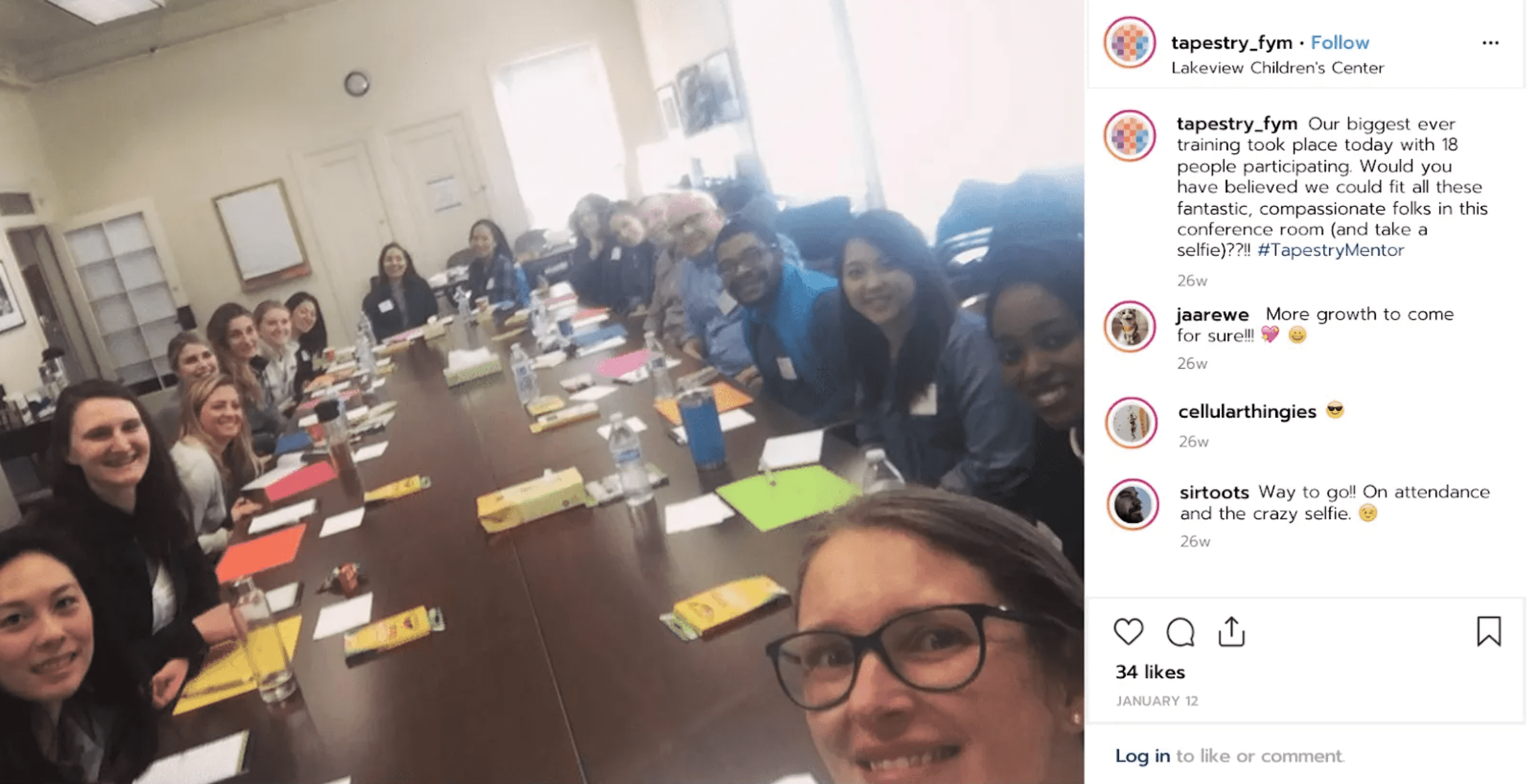All the stories that caught my eye in this week’s Science News digest had to do with violated patterns.
(1) I was checking out the videos of the big Intel young scientist competition finalists and was pleased to see a few non-biological scientists getting some recognition. It seems like almost all of the elite young science students you hear about are heading toward bio-related fields (and who can blame them?), so I’m glad to see that some de facto traffic and materials engineers made the cut.
(2) This week’s Math Trek discusses the inherent statistical noisiness of individual performance in baseball:
“In fact, according to a new analysis by Lawrence Brown of the University of Pennsylvania in Philadelphia, predicting that a player’s batting average will be the same in the second half of the season as the first half is about the worst plausible method out there.”
Fair point, but I think it’s a bit misleading to call baseball a noisy sport, since it’s a mere pin-drop compared to the deafening statistical roar in team sports like football, where the variables are so hard to isolate and control that nobody seems to bother much. (Well, except for these guys, from the looks of it.)
In any event, though you don’t need to be an Ivy League professor to realize that two weeks’ worth of baseball is a minuscule sample size, this story was still a soothing balm as I contemplate the early struggles of several of my very high fantasy picks: Jose Reyes, Russell Martin, and Hunter Pence in particular. C’mon guys, TeamGuido needs you!
One non-violated pattern involving this story: my continuing professional crush on Julie Rehmeyer.
(3) I don’t pay much attention to elements with atomic numbers higher than about 98, but apparently element 114 is giving some physical chemists a little trouble. If their results are correct, ununquadium seems to violate over 100 years of unflappable electro-numeric periodicity. (Man, there’s no way that’s the right term, but I like the sound of it.)
Why? Well, “nuclei with more protons attract electrons more strongly. Those electrons orbit faster, and according to Einstein’s special theory of relativity, time for them stretches out. As a result, some of the electrons’ orbits are tighter than in lighter elements, affecting that element’s chemistry.”
There seems to be some debate about whether such relativistic effects, which have been observed before, should be great enough to significantly alter the-element-that-would-be-Atlantisium‘s chemistry. This work is worth keeping an eye on, to the extent that any artificial material with a half-life on the order of seconds is worth knowing anything about. (Full disclosure: I’m being a little flippant here, but the prospect of 114-298 being stable is pretty exciting, the difficulties of cramming nine more neutrons into 114-289 notwithstanding.)
Well, unlike the subjects of these stories, I don’t tend to violate a lot of patterns. Case in point: I just burned another Saturday morning doing armchair science writing despite boatloads of real work ahead of me (and, also as usual, I didn’t get past the Saturday morning Science New digest in order to get to all the other interesting stuff I’d saved up all week). Ah well. Happy Saturday, everyone.
P.S., I’ve been getting a lot of nice feedback about this blog lately. Thanks very much for reading, everyone! I hope the rest of you are enjoying CSC as well, and I hope you’ll all consider leaving comments, dropping me some email, blogging about interesting posts you find here, etc. I’d love to make this space more of a conversation; if there are ways you think I can better facilitate that goal, please let me know.
